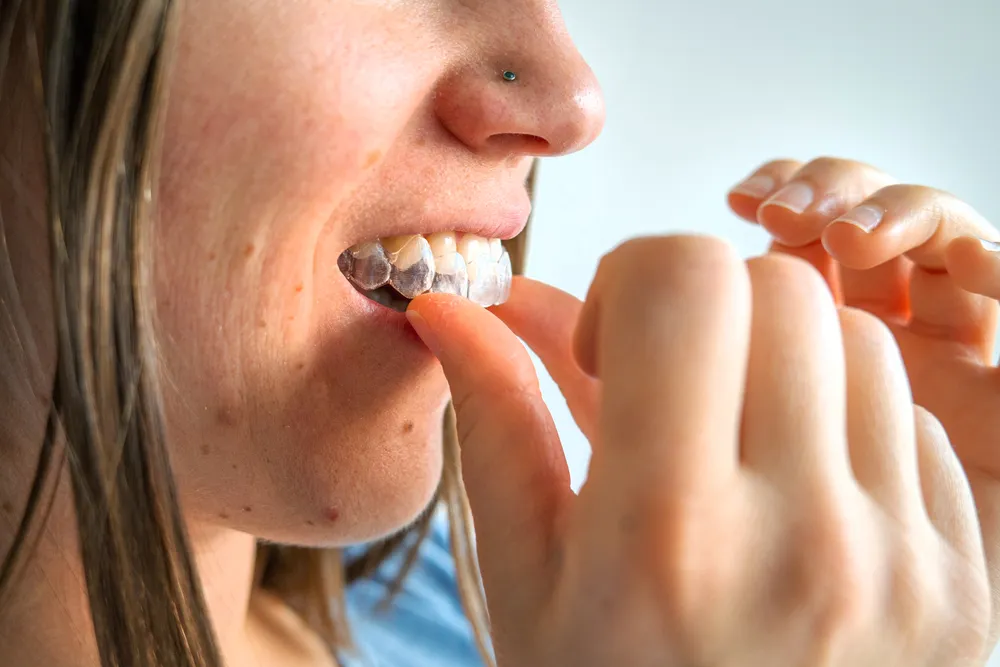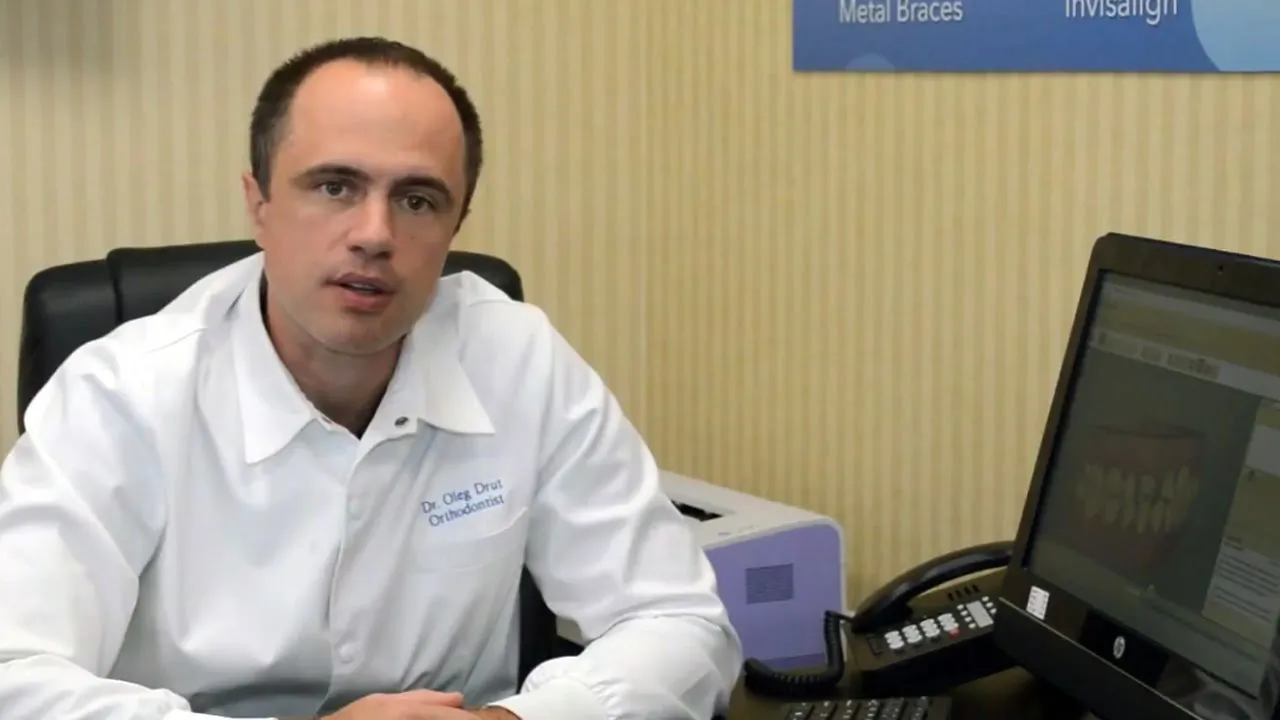
Improve Periodontal Health?
Periodontal disease, also known as gum disease, impacts many dental patients across the globe.
According to the CDC, 47.2% of adults aged 30 years and older have some form of periodontal disease , and 70.1% of adults 65 years and older struggle with periodontal disease.
It may surprise you to learn that patients with periodontal disease can benefit from undergoing clear aligner therapy, such as those with Invisalign clear aligners. A variety of different factors show that clear aligner therapy improves periodontal health.
This guide discusses oral health and how clear aligners can improve it. It also provides tips for maintaining good oral health and addresses common questions about gum disease and tooth movement.



